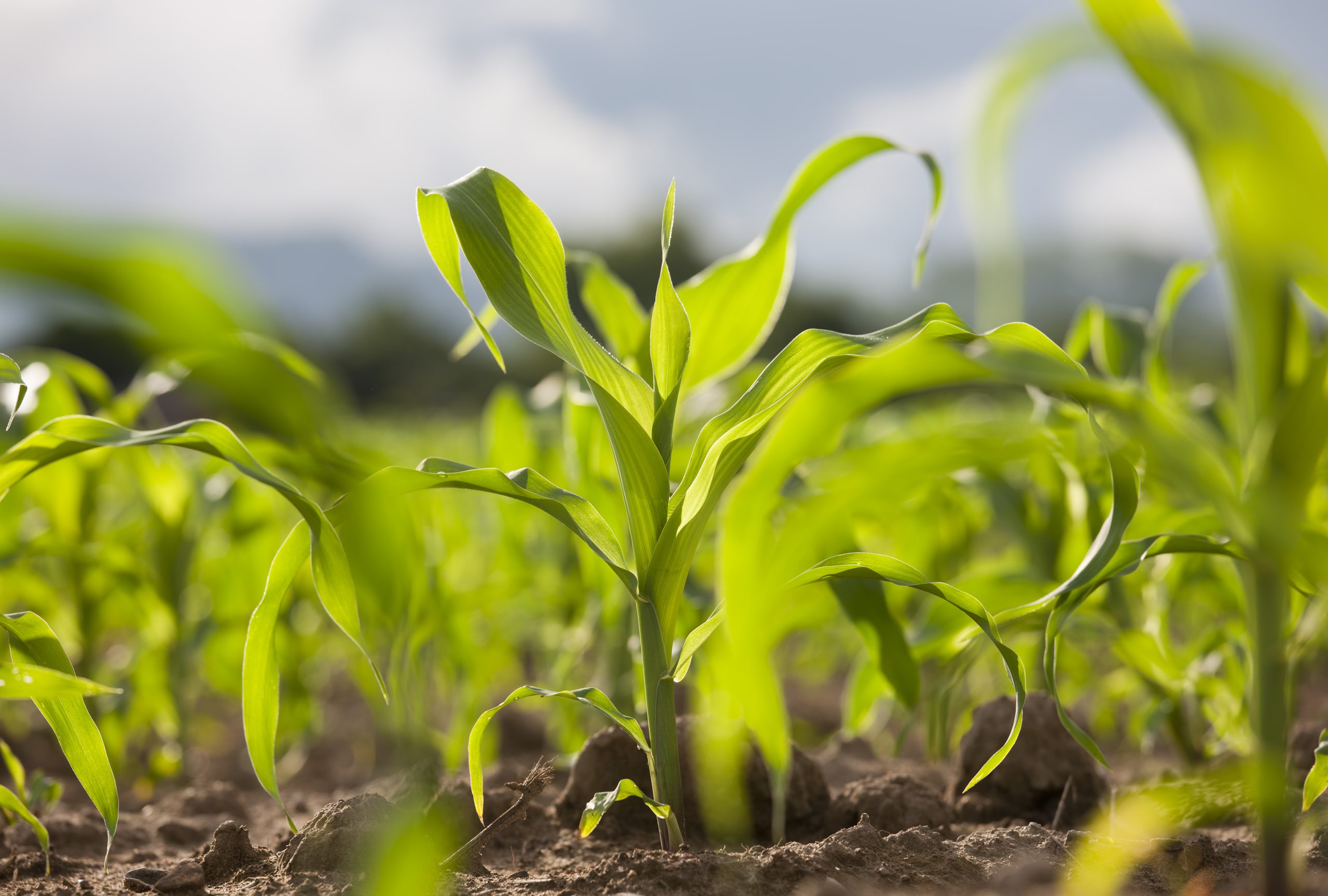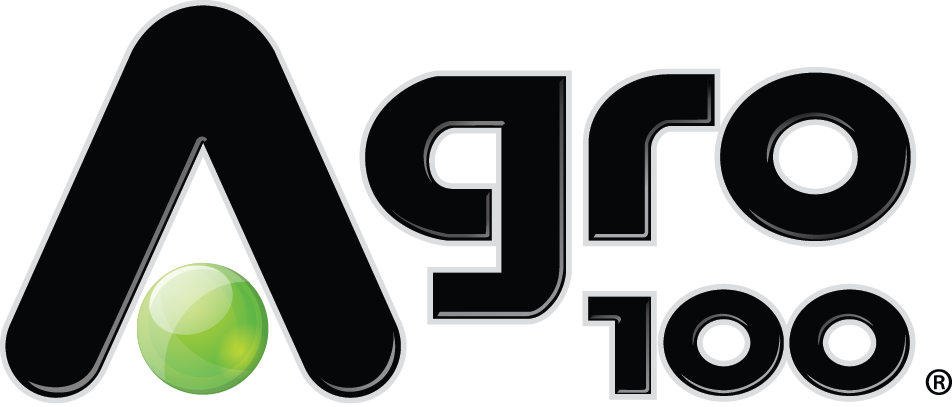Global agriculture leaders host forum as G7 leaders meet
As G7 leaders arrive in Kananaskis, Alberta, agriculture leaders from around the world held their own forum to talk food security. The event was hosted in Olds, Alberta, by the Inter-American Institute for Cooperation on Agriculture.
Institute director Manuel Otero told delegates that meeting the world’s food needs in the coming decades would be a multi-dimensional challenge. It involves production strains due to climate change and simultaneous crisis of obesity and undernutrition.
Otero called for policies to help small-holder farmers adopt new technology and increase productivity. This could stabilize rural communities by keeping farmers on the land.
Speakers said rural areas need major investments to make digital technology more accessible. The food system also needs more entrepreneurs and investment capital at all levels to bring new ideas to market said Farm Credit Canada president Justine Hendricks.
India’s rapeseed meal exports to China soaring
China is set to import a record amount of Indian rapeseed meal this year as the country seeks to replace tariffed Canadian canola products. Imports are likely to jump to five hundred thousand metric tons in the 2025 to 26 marketing year. That’s compared to a bit more than 60,000 tons the previous year.
In March, China imposed a 100 per cent tariff on Canadian canola oil and meal in retaliation for tariffs placed on chinese electric vehicles. In 2024, China imported more than two million metric tons of canola meal from Canada.
China fast becoming french fry superpower
China’s next target for global dominance may be the french fry.
In the last few years, Chinese frozen french fries have grabbed marketshare in countries like Indonesia, Japan and the Philippines. This is putting pressure on North American exports as they struggle to compete with cheaper Chinese product.
Fast food chains like McDonalds and KFC are expanding in China. As recently as 2019, China relied on imports of frozen french fries to satisfy demand. But by 2022, it had become a net exporter.
Canada is a major exporter of frozen potato products, with 2.7 billion in exports in the 2023 to 24 crop year. Most go to the United States, which in turns exports to Japan. But if Japan isn’t buying, that reduces American exports and thus demand for Canadian fries to backfill their market.
The United Potato Growers of Canada has estimated a 1.5 to 2 per cent decline in potato acres in 2025. Most will come from Manitoba and New Brunswick, where companies that make french fries have reduced their production contracts.








